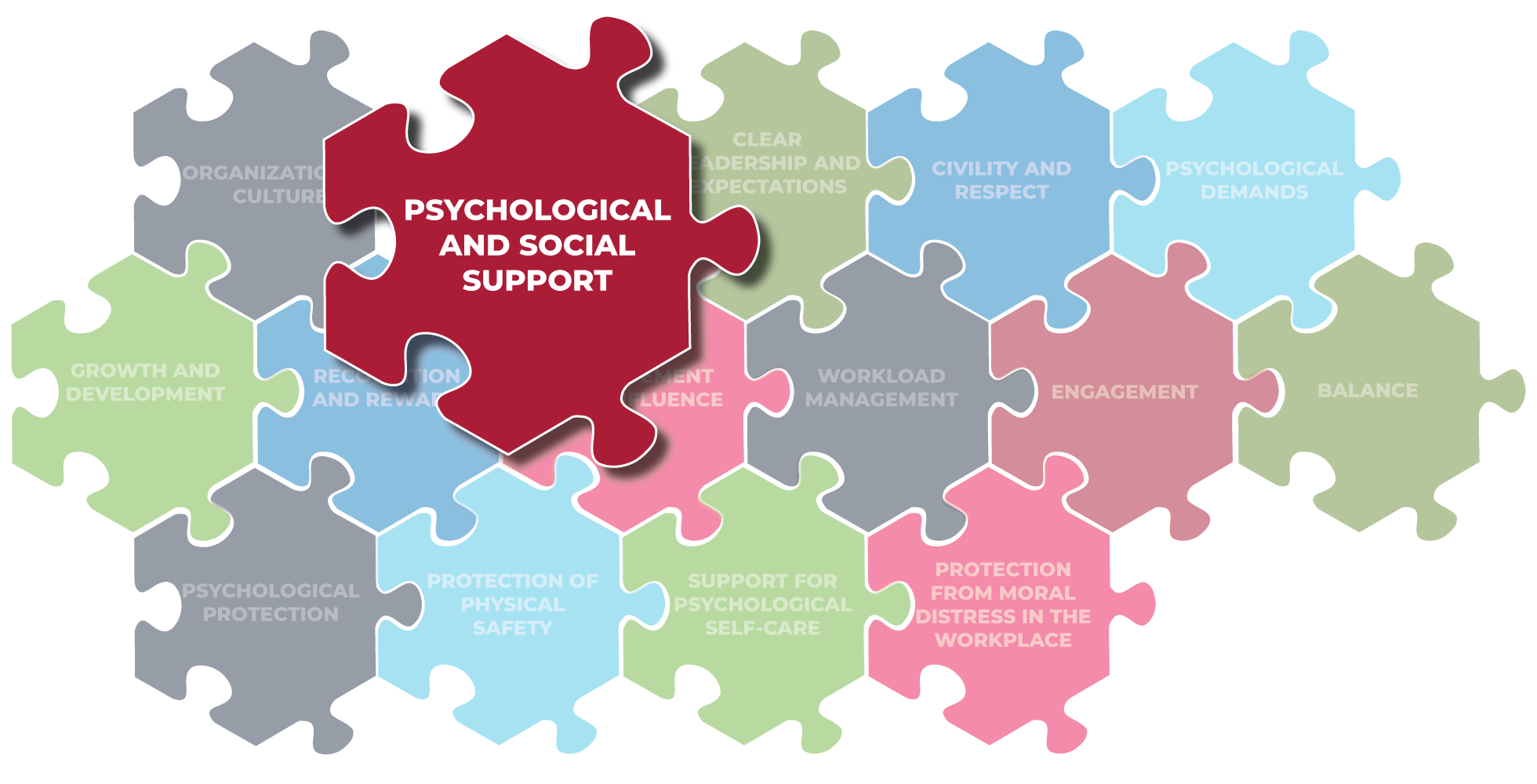Workplace psychological safety is achieved when employees feel they can freely express themselves without fear of negative repercussions. This includes asking questions, seeking feedback, admitting mistakes, raising concerns, or suggesting new ideas without jeopardizing their job or career. A psychologically safe and healthy workplace promotes employees' emotional well-being and actively works to minimize threats to their mental health.
Psychological safety is crucial for numerous reasons:
- Enhanced job satisfaction and performance: Employees in a psychologically safe environment report greater job satisfaction and improved performance.
- Encourages open communication: It fosters an atmosphere where employees feel comfortable speaking up and getting involved.
- Boosts morale and engagement: Employees are more engaged and less likely to suffer stress-related illnesses.
- Reduces workplace issues: Such environments experience fewer grievances, conflicts, and liability risks.
In contrast, the absence of psychological safety can lead to:
- Employees feel demoralized, threatened, disengaged, and strained.
- Perceptions of workplace conditions as ambiguous and unpredictable.
- Potential undermining of shareholder, consumer, and public confidence in the organization.









